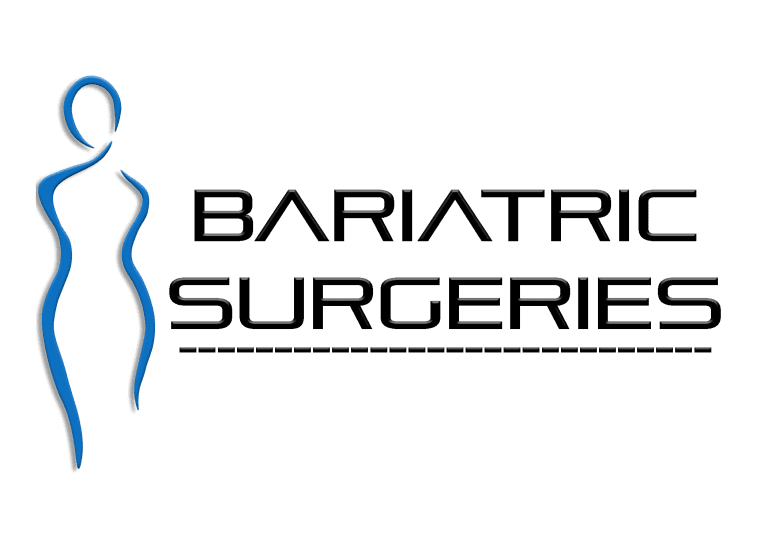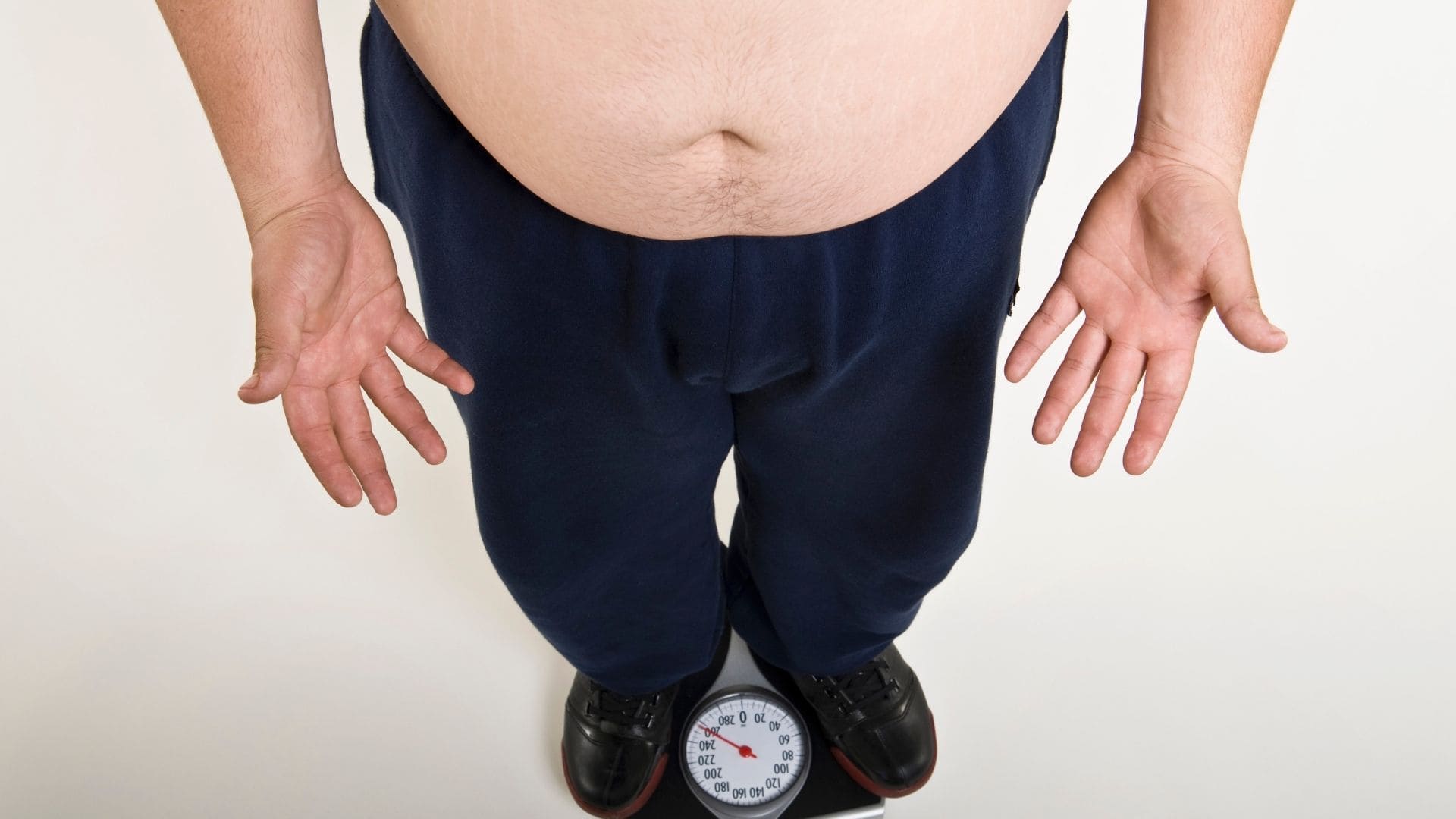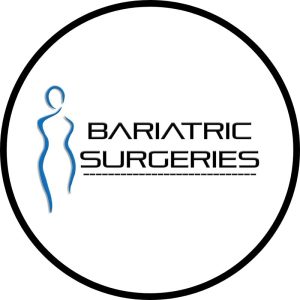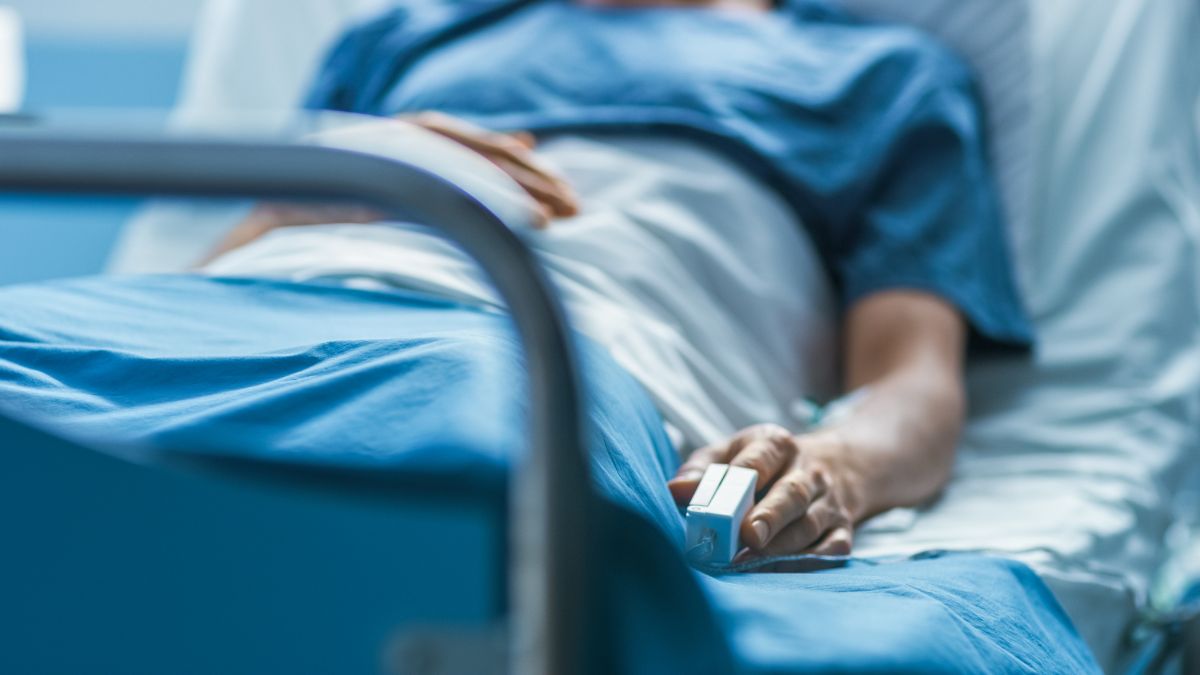By the time an individual is considering bariatric surgery as a solution to obesity, they have likely had a problematic relationship with food for many years, if not their entire lives. Getting the surgery of their choice represents a certain level of freedom, but before they can get to the other side, they have to clear one more hurdle: the bariatric liquid pre-op diet.
Understanding the Pre-Op Diet
Your doctor will request that you begin altering your eating habits about two weeks prior to your surgery. This will begin with a transition to lean meats, veggies, and fruits with a heavy emphasis on healthy proteins. Then, it will transition to a liquid diet before surgery. This phase typically starts around 3-4 days before the procedure.
During this time, patients must consume only clear liquids, such as non-fat broths (everything besides the broth strained out), tea, water, and certain sports drinks. Your doctor will also likely ask that you drink a specific protein supplement a few times a day.
Why Is the Bariatric Diet Before Surgery Necessary?
There are a few reasons why you need to follow this diet before having surgery. These include:
- Jumpstarting Weight Loss: By severely restricting calories before surgery, it gets the weight loss process started, making it easier for it to continue after your surgery.
- Decreasing the Liver Size: The liver is located very close to the stomach, and in most obese people, it is enlarged and fatty liver disease is present. The pre-op diet helps to shrink the liver, which reduces the risk of it accidentally being punctured or nicked during the surgical process.
- Mental Reset: When you are on a liquid diet for a while (and you will be since it continues after surgery, too), it helps to flip a switch in your brain. Once you start eating again, those healthy meals are going to feel like real treats, which can really assist those who overeat as an unhealthy form of self-care.
- An Empty Stomach: All bariatric procedures involve making some sort of change to the stomach or adding something to it, such as a balloon or a band. If the stomach is not fully empty, the patient is at risk of infection, internal bleeding, and death.
What Happens If I Don’t Follow the Bariatric Surgery Pre-Op Diet?
Hopefully, you will be honest with your doctor about what you have eaten so they can cancel your surgery. While this might be disappointing, going through with the procedure would put your life at risk. This might mean paying a lot of money for the missed surgery as well as for the second one scheduled. However, that is certainly better than dying as a result of not having an empty stomach during your procedure.
To learn more about the liquid diet and why it protects you, contact us. We’d love to discuss this topic with you.









